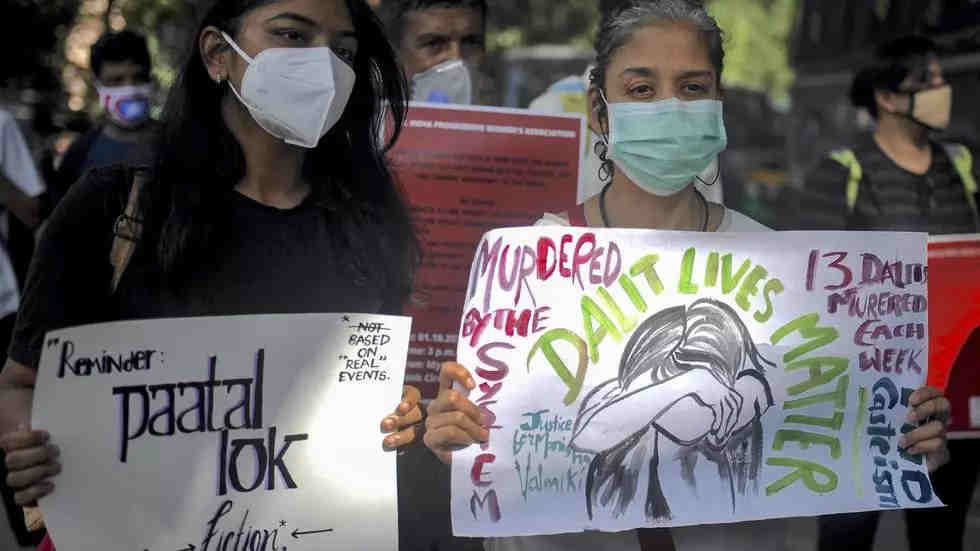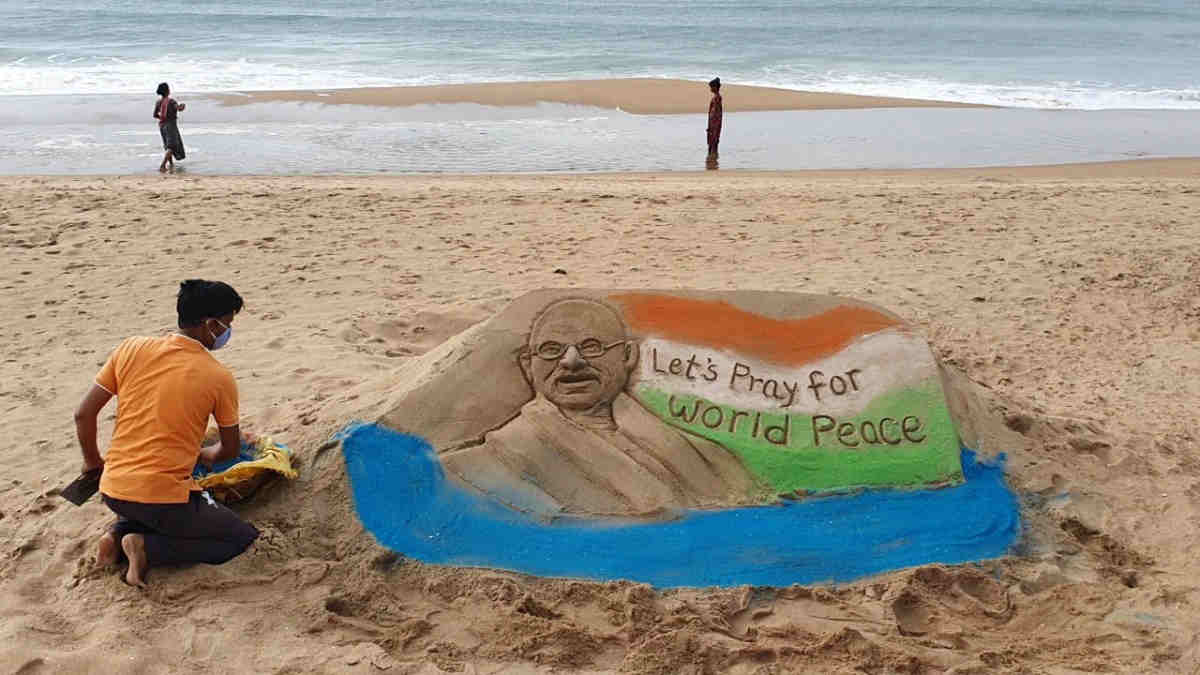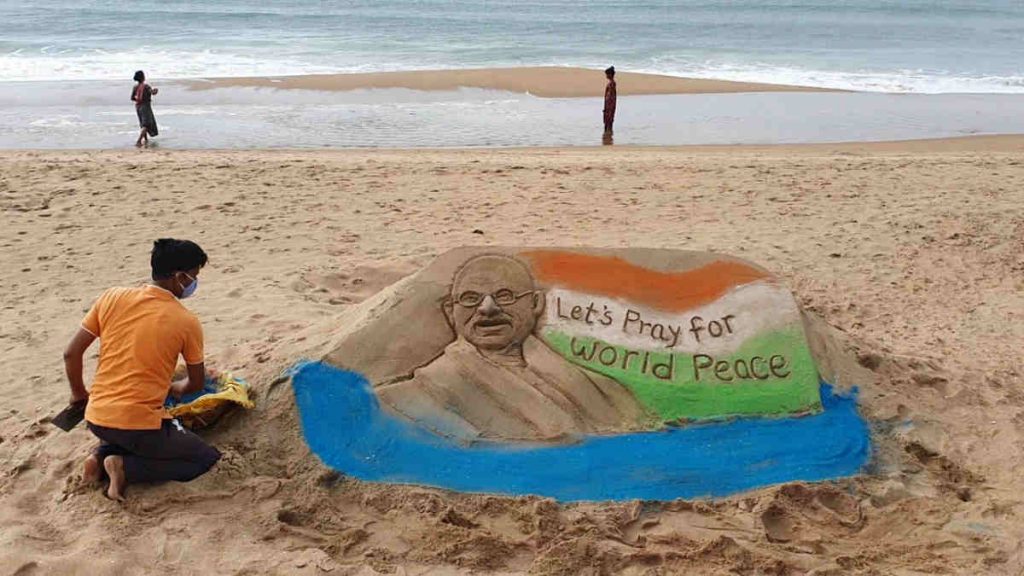Pakistan’s rejection of Jayant Khobragade as India’s new chargé d’affaires in Islamabad citing his seniority for the post as a reason for rejection is in keeping with the bitter antagonism between India and Pakistan that has intensified in the last few years. It has reached almost a dead-end since the scrapping of Kashmir’s special status last August.
Islamabad’s official explanation is that Khobragade having already served as ambassador earlier was not eligible for the post which is normally slated for diplomats at a lower rung. The Foreign office spokesman said it was India’s way of subverting the downgrading of diplomatic ties announced by Pakistan after article 370 was abolished by New Delhi. The spokesman said it must be made clear that ties between the two nuclear-armed neighbours were linked to the resolution of the Kashmir dispute.
It is part of the diplomatic norm to send the name of senior diplomats for the host country’s approval. In normal times not much fuss is made over this. But when India-Pakistan ties are strained diplomats become easy targets. Khobragade rejection is mainly to needle India and convey to ordinary Pakistani citizens that Prime Minister Imran Khan is not lowering his guard against India at every little turn.
In 2003, when India-Pakistan was going through another bad patch, Pakistan’s acting high commissioner in Delhi, Jalil Abbas Jilani was forced to leave the country over allegations of funding Kashmiri separatists. Jilani said then that the charge was a crude attempt at harassing Pakistan, high commission officials. He was declared “persona non grata” but when relations improved he returned to India at the head of a Pakistan delegation for talks, as the Vajpayee government began re-engaging with Islamabad.
But unlike in the past, chances of an India-Pakistan rapprochement soon appear dim. Kashmir has always been a major stumbling block and now after India’s latest move on August 5, 2019, it has become a Gordian knot.
And Pakistan does not let an opportunity go by without dragging in Kashmir. Even in the case of rejecting Khobragade the foreign office spokesman statement contained these lines on Kashmir. “A just and lasting solution of the Jammu and Kashmir dispute is critical for durable peace and stability in South Asia. Accordingly, India is once again reminded of its international obligations with regard to the Jammu and Kashmir dispute. India must listen to the voices of the Kashmiri people and the world community.”
In a way, Kashmir has helped Prime Minister Imran Khan to galvanise the public behind him. At a time when his government was fumbling with little to show as achievement, New Delhi’s decision on Kashmir helped to bolster his image as a crusader for the rights of Kashmiris. He did not leave a stone unturned in projecting Indian atrocities in the valley. Unfortunately, Khan got little traction from the international community. A few countries supported him on the abolition of special status for Kashmir, which Delhi said was its internal issue. But there was criticism from several international quarters on the lockdown and the communication embargo imposed on Kashmiris.


